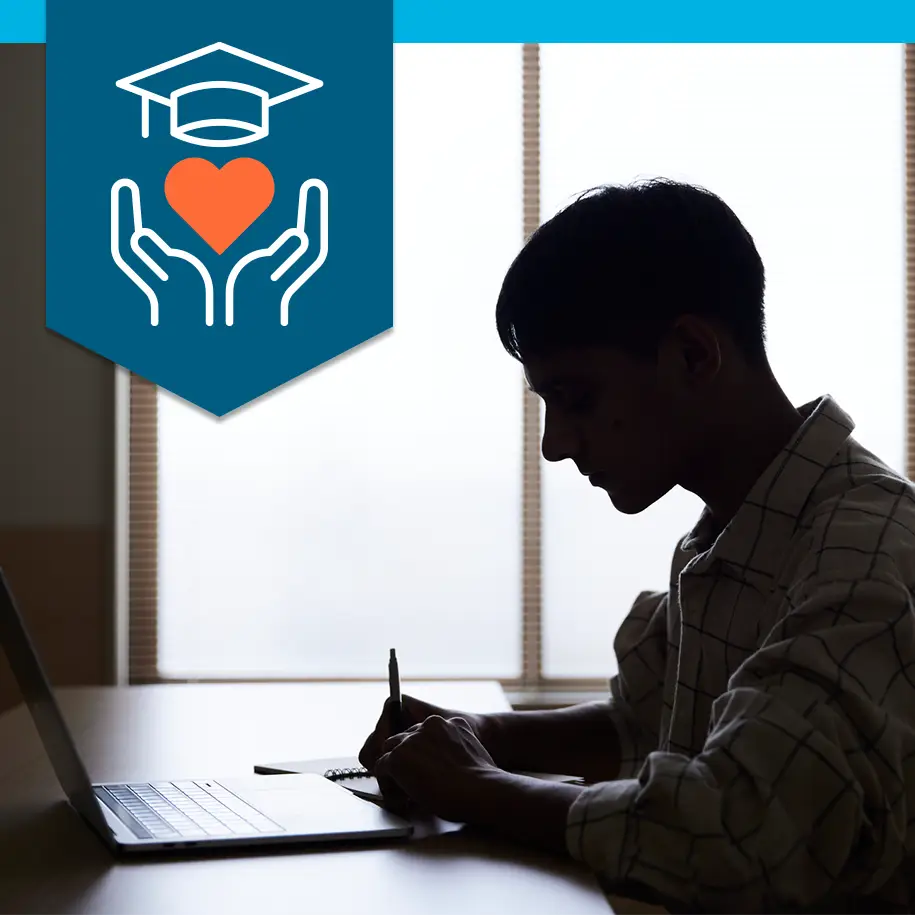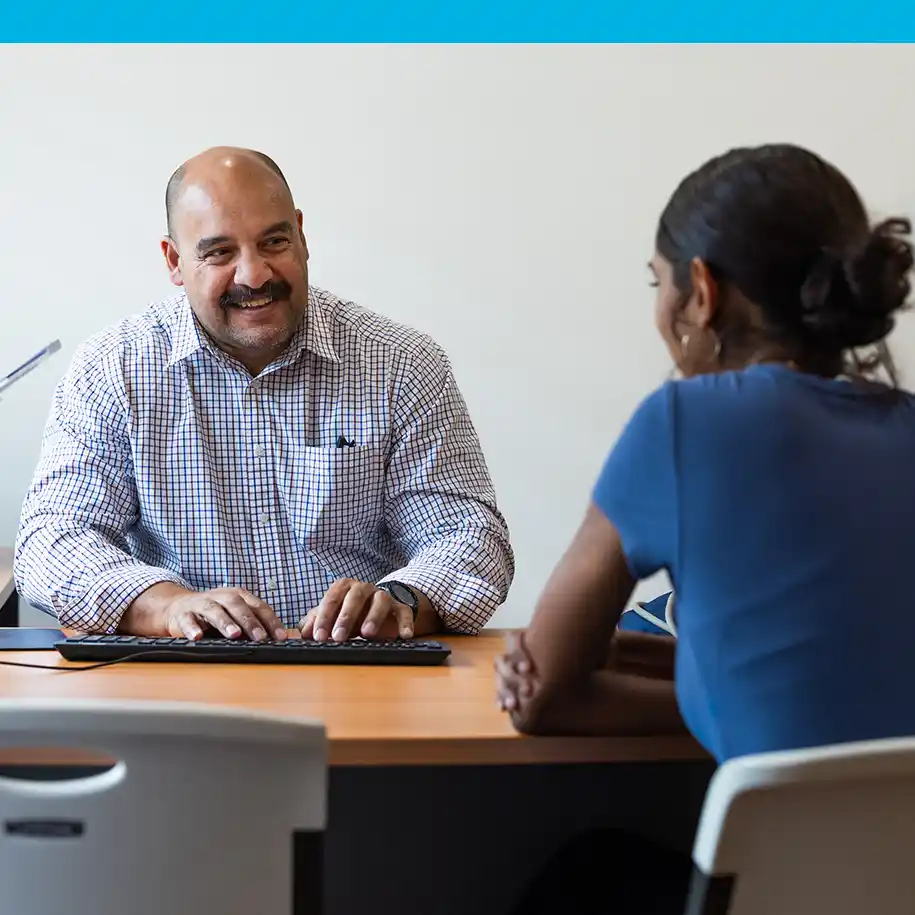
Working to secure widespread access to evidence-based student success programs
Nonprofit student success organizations working together to increase impact
As a mission-driven nonprofit, InsideTrack believes collaboration with like-minded organizations is essential to amplify impact. That’s why we are grateful to have participated in the seven-member community of practice organized by The Institute for College Access & Success (TICAS). TICAS and the fellow participating organizations, along with research partners MDRC and the Wilson Sheehan Lab for Economic Opportunities (LEO), share a passion and commitment to evidence-based student success practices as a way to increase equity in higher education.
In order to make evidence-based student success programming more widely available throughout the country, our first efforts together focused on advocating for a national policy proposal to secure federal funding for college completion programs. The final fate of these bills are still under consideration in Washington.
Our latest efforts have focused on research needs in the student support category. TICAS recognizes the need to support higher education institutions, policymakers and program leaders with research and equity guidance. So they recently published the Community of Practice Research and Equity Agenda, based on the most pressing research questions facing even successful organizations in this space.
Replicating results to expand success
The community of practice concluded that the research areas of highest priority are faithful replication and identifying the long-term impacts of participants in student success programs. To differing degrees, all programs wrestle with how to expand effectively – preserving the core, proven components of their model while adjusting and adapting other elements to provide the greatest benefit to the most students. Program leads summed it up in two specific questions:
- How can policymakers, program and institutional leaders ensure fidelity when programs scale up within institutions, across states, and across the nation?
- How to overcome data challenges around documenting outcomes beyond completion/ graduation? Do these programs result in increases in students’ earnings, income, wealth, and well-being over the long term? Do these programs enable students to achieve family-sustaining jobs throughout their lives?
In addition, the community of practice agreed that an overt commitment to equity is critical to ensuring that underserved students benefit from these services. We all know that if we take a passive approach to enrolling students, these programs could exacerbate racial gaps in college completion. The TICAS Agenda includes a shared equity framework, which serves two purposes:
- Allowing programs to measure and begin to close internal equity gaps
- Providing a uniform set of metrics to help programs describe their impact to external audiences
Looking ahead
Over the next two years, TICAS will continue to work with their research partners, MDRC and LEO, to begin answering the questions identified by the CASS partners and to share the findings with federal and state policymakers and the student success field. Given our foundational belief that improving one student’s postsecondary experience and chance of success can have a lifelong impact on not just that individual but on society as a whole, we are committed to providing any help we can. Through our own work and our involvement with organizations like TICAS, we have the ability to change student outcomes by scaling proven support programs across our nation.
To learn more about the important work of TICAS, visit https://ticas.org.
Coaching solutions proven to advance all learners
Whether you’re looking to help students persist through completion or to improve career outcomes for job seekers and employees, our holistic coaching solutions can help you achieve meaningful outcomes.



